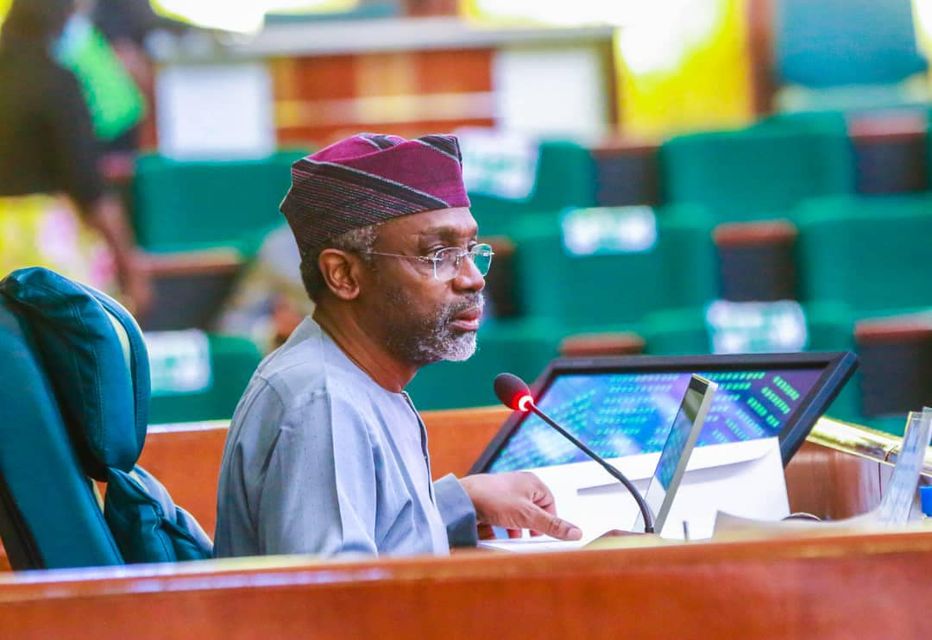Femi Gbajabiamila, the speaker of the House of Representatives, has said, direct primary was a well thought idea that allows youth participation in democracy.
This is against the backdrop of the transmission of the electoral amendment bill to the executive arm of government on Friday, November 19, 2021, for assent.
He said, there should be a deliberate effort to prepare the children and youth of Nigeria to become the leaders of tomorrow.
He said such efforts must include involving them in governance and expanding the democratic space to accommodate many young people.
Gbajabiamila, who was speaking at the National Children’s Dialogue to mark the 2021 Universal Children’s Day in Abuja on Saturday, November 20, 2021, explained that this was the reason he championed an amendment to the Electoral Bill, 2021 for the use of Direct Primaries by political parties as a method of choosing candidates for elective offices.
The dialogue had the theme, “The Nigerian Child and the National Unity Project.”
Gbajabiamila stated that with direct primaries, a youth with leadership qualities had equal chances of becoming a candidate for an elective office just like any other person.
The speaker noted that this was one of the surest ways of securing the future of Nigeria, by giving people with multiple ideas the opportunity to be at the very top of governance.
He said, “That debate on direct primaries, which I championed, is about the future of our country. Our position in the 9th House of Representatives is that everyone must have equal opportunities to participate in governance and the democratic process…
“Our young people must have a seat at the high table and we must create the enabling environment for them to be in leadership such that a young man with bold ideas can come out to vie for any position, be it legislator, governor or any other office. That can only be achieved through direct primaries, which will give a fair chance to the youth of this country to be involved in governance.”
Gbajabiamila called for huge investment in youth education, particularly technology, which the speaker said had transformed the world from what it used to be into a global village, delivering services and innovations at an unprecedented speed.
He added, “Technology has changed our world. We no longer exist in communal or national silos but as part of a broad fabric of humanity in a global village where opportunities and challenges abound. In this new world where a child with a computer and internet connection in Lagos can compete for jobs in Texas or Bombay, our job as leaders is to ensure that every Nigerian child is educated and empowered to compete in and succeed in this global marketplace of ideas and talent.”







